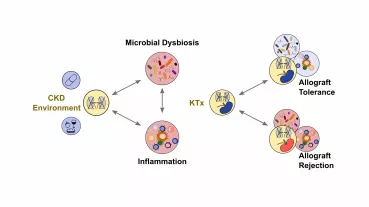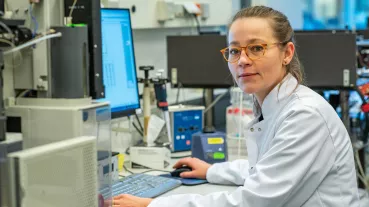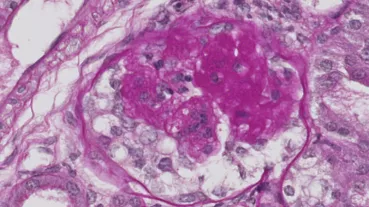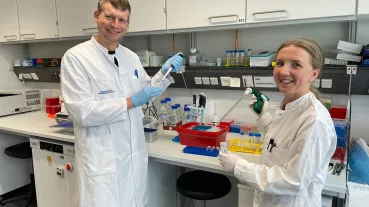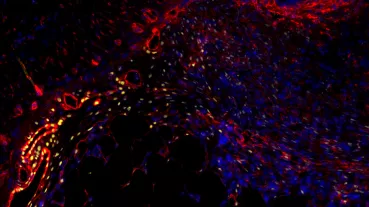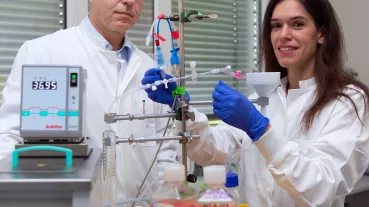A novel approach for studying the formation of abdominal adhesions (ADHESION)
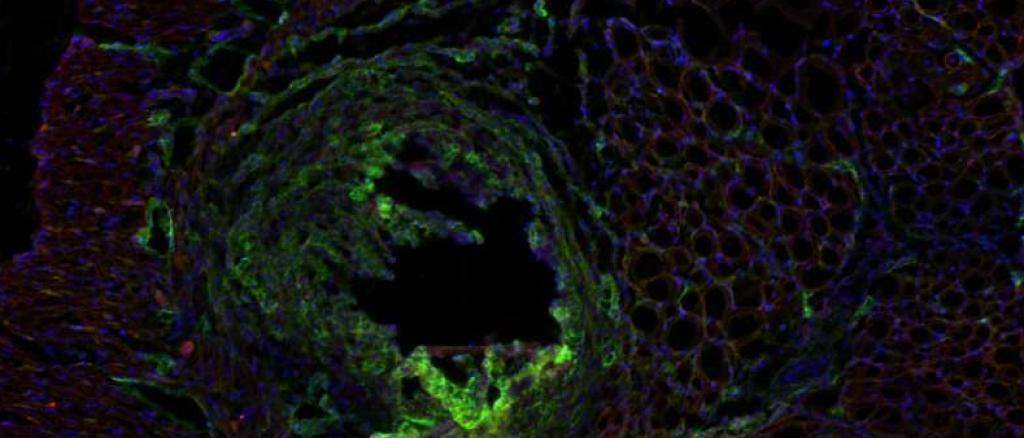
Abdominal adhesions develop as a common response after traumata to the peritoneum or organ surfaces and cause a wide array of syndromes, including small-bowel obstruction, female infertility, chronic pain and organ dysfunctions. While considered as serious medical impediments, current research and clinical rationale follow a pathomechanistic scenario in which injured organ surfaces are denuded of their covering mesothelium, and exposed basement membranes develop fibrin attachments between adjacent organs, after which there is an accumulation of fibroblasts.
The above disease etiology implies for a ‘protective’ role (averting adhesion development) of surface mesothelium. In contrast to the prevailing adhesion paradigm and previously used histological methods, we have genetically lineage traced surface mesothelium during adhesion formation, and revealed it is the ‘tissue-of-origin’ for abdominal adhesions.
These preliminary results, therefore, identify adhesions as a gross pathologic manifestation of mesothelium cells themselves. Here, I propose a research approach that focuses on events unfolding in mesothelium cells. Our main goal is to determine the key steps that propel surface mesothelium towards adhesion formation. Results are expected to have a two fold impact: (a) generate a new pathomechanistic understanding of adhesion formation and (b) to establish paradigms on which novel therapeutic tactics that curtail these adhesion programs could be successfully developed.
Here you can get further information.

